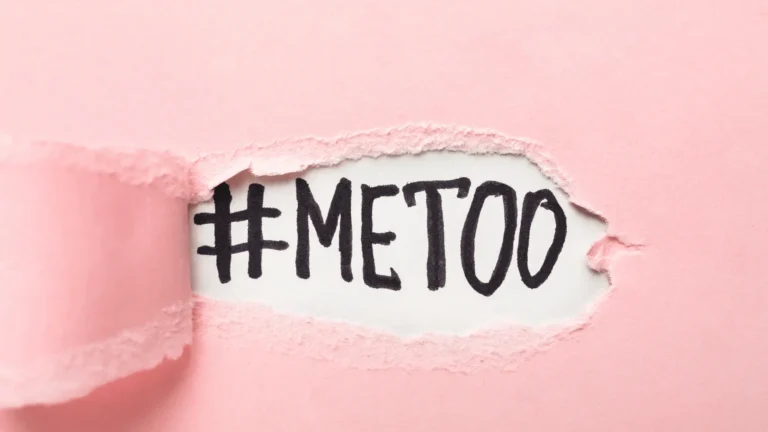Baseball fans came in droves to celebrate America’s favorite pastime this month with a record-breaking 357,646 people in attendance at the NCAA College World Series in Omaha, Nebraska.
However, not all those in attendance had cause for celebration.
Among the fans, hidden victims of sex trafficking also headed for Omaha, not to watch the game but to be sold.
“It’s really not that hard to buy and sell a human being in Nebraska,” sex trafficking survivor Rachel Pointer shared on the show Speaking of Nebraska, which aired just before the World Series. Under regular circumstances, any given month approximately 900 people are involved in Nebraska’s commercial sex industry; however, the World Series promises to substantially increase the number of persons trafficked for purposes of sexual exploitation through the state.
Meghan Malik, Trafficking Project Manager for the Women’s Fund of Omaha, commented on how the World Series can increase trafficking in Nebraska in the same Speaking of Nebraska episode. Speaking of those who fuel the demand for sex trafficking, Malik commented, “When you bring large groups of individuals together, especially if individuals are coming from out of town, we know that there are often times where [one says] ‘I can do this and no one will find out,’ and ‘I’ve got disposable income,’ and so it definitely just naturally increases the sex trafficking that happens.”
Malik also explained that Nebraska is especially susceptible to trafficking due to the I-15 and I-29 corridors that give traffickers easy access to the enlarged market for sex trafficking during the event. Malik’s remarks echo the concerns of the FBI and police agencies who have identified similar events, such as the Super Bowl, as trafficking hotspots. News reports indicate that at this year’s Super Bowl in Houston, Texas, authorities arrested 183 would be sex buyers and 9 sex traffickers.
Alicia Weber from the Salvation Army Nebraska’s Fight to End Trafficking, or SAFE-T, added on the same program that the College World Series is not just a local problem. “It’s important with the college world series to know that it’s not just an Omaha issue because there’s a ripple effect across the entire state during this time period.” Ms. Weber’s comment echoes the findings of an Arizona State University report regarding human trafficking surrounding sporting events which states that human trafficking is, “. . . local, regional and national in scope and comprised of loosely affiliated networks of suspects and victims who travel to wherever large groups of people congregate, such as major sporting events.”
While human trafficking remains a ubiquitous and daily tragedy across the nation, additional vigilance should be applied during events such as the NCAA World Series which attract large groups of potential sex buyers.
To help stop sex trafficking, residents of any state should always be watchful for signs of human trafficking in their local communities, especially when larger events transpire. For more information on how to identifying potential human trafficking visit the Office on Trafficking in Persons at the U.S. Department of Health and Human Services for this helpful fact sheet. Additionally, checkout these “red flag” indicators developed by Survivor Leader Rebecca Bender.
To report suspected incidents of human trafficking, use the national hotline number 1 (888) 373-7888.
To learn more about increased sex trafficking demand surrounding sporting events, visit endsexualexploitation.org/tackledemand.


